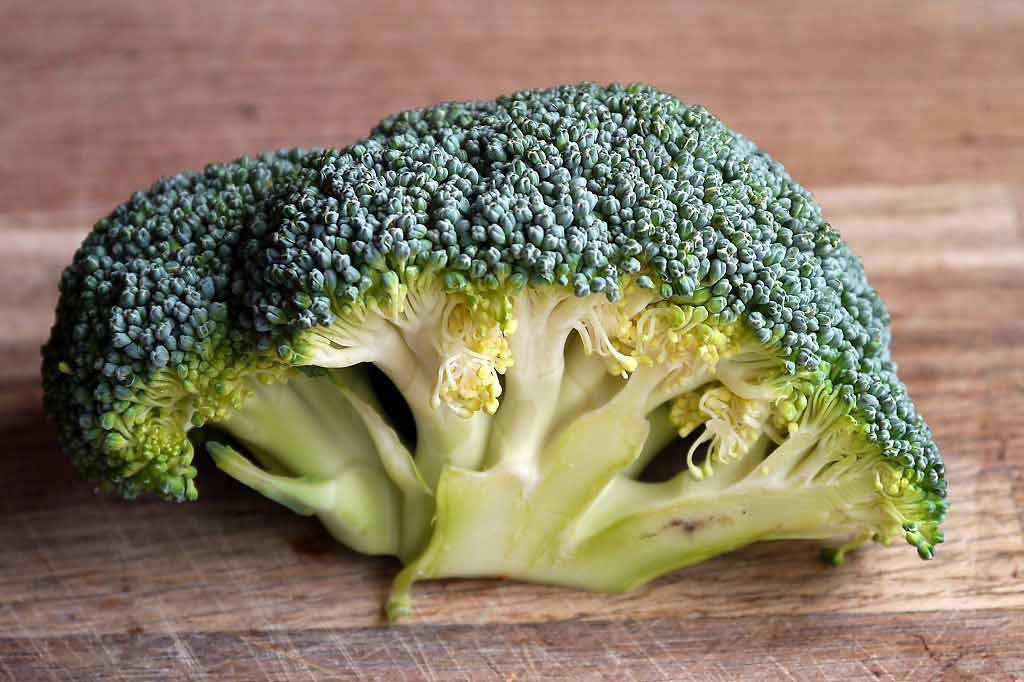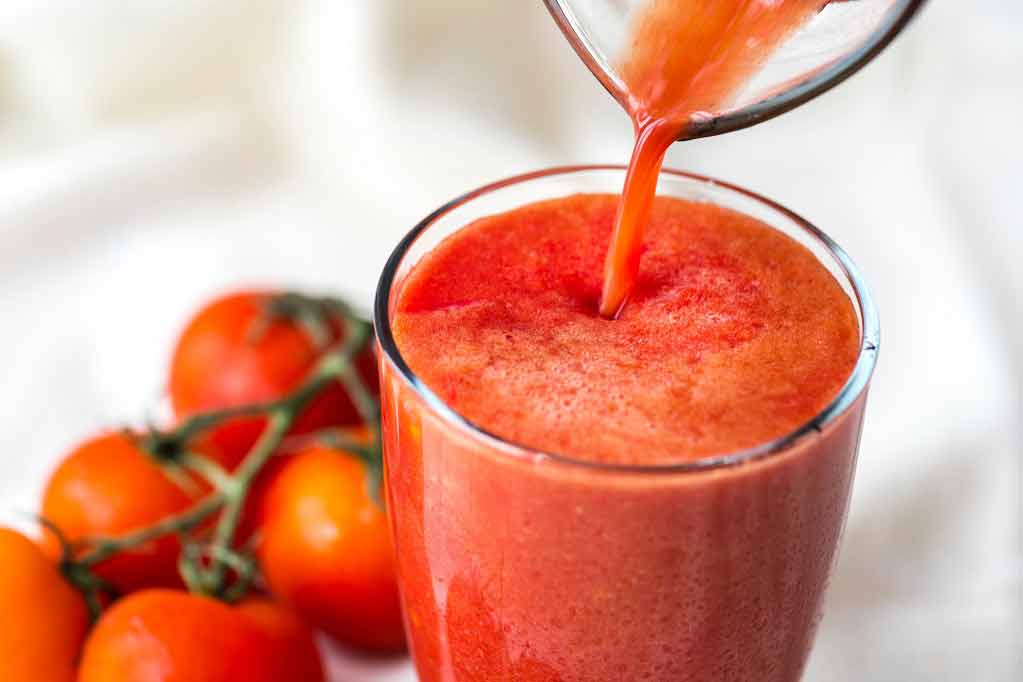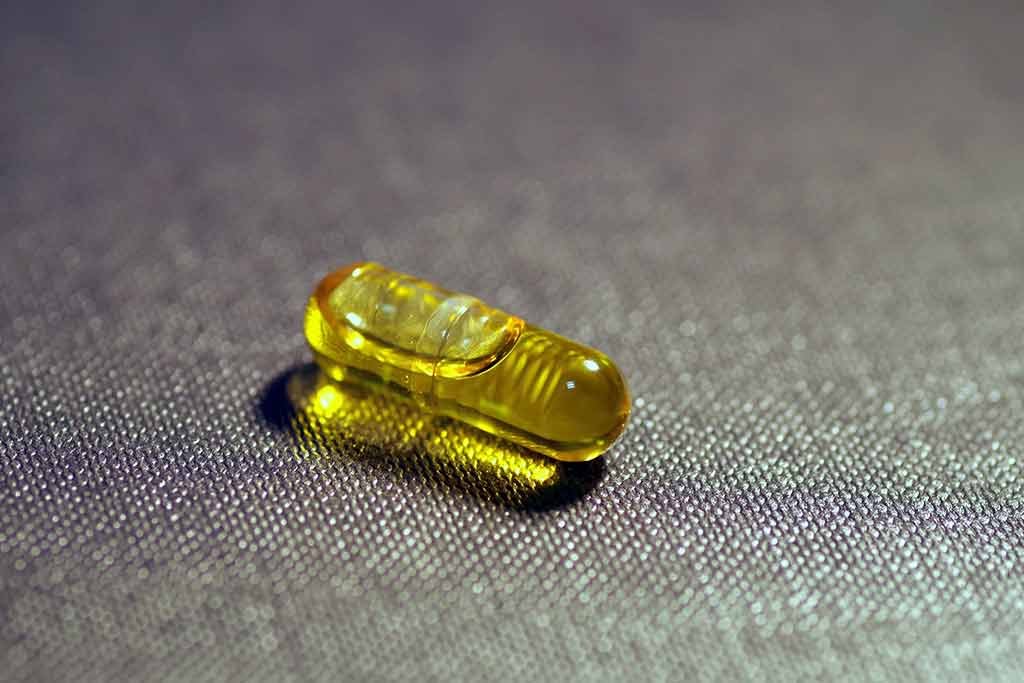Broccoli and sprouts linked to healthier arteries for older women
Food and diet

"Research has shown eating broccoli, cauliflower, cabbage and brussels sprouts to be particularly beneficial for the hearts of elderly women," The Guardian reports
"Research has shown eating broccoli, cauliflower, cabbage and brussels sprouts to be particularly beneficial for the hearts of elderly women," The Guardian reports.
Australian researchers investigated the potential benefits of a vegetable diet in general, as well as specific types of vegetables, on artery health. They found that women who ate the most vegetables had less thickening of the walls of a vessel that supplies blood to the brain. The thickness of the walls of this blood vessel (the common carotid artery) is linked to risk of stroke, where a blockage in the artery prevents blood getting to the brain.
When looking at specific types of vegetables, they found that cruciferous vegetables seemed to provide the most benefits. These are a range of vegetables that belong to the same cabbage "family" (Brassicaceae) and include broccoli, brussels sprouts, cabbage, cauliflower and kale.
While previous research has linked a healthy diet with plenty of fruit and vegetables to lower risk of heart attacks and stroke, this study looks at the potential effect of specific types of vegetables.
The study design cannot definitely prove that vegetables were the direct cause of the difference in women's artery wall thickness, but the results held true after taking account of other factors such as women's lifestyle, medical history and other components of their diet.
We already know that cruciferous vegetables form part of a healthy diet. This study adds evidence to suggest that older women in particular should make an effort to include them in their diet.
Where did the story come from?
The researchers who carried out the study came from Edith Cowan University, the University of Western Australia, Children's Hospital at Westmead, Flinders University and Sir Charles Gairdner Hospital, all in Australia. The study was funded by Healthway Western Australian Health Promotion Foundation and the National Health and Medical Research Council of Australia. It was published in the peer-reviewed Journal of the American Heart Association, and is available to read free online.
The Mail Online reported the study results accurately, but as is often the case, did not make it clear that this type of study cannot prove that one factor (cruciferous vegetables) is a direct cause of another (carotid artery wall thickness).
The Guardian headline and introduction said the study showed vegetables provided "heart benefits", although thickening of the carotid artery is more closely linked to risk of stroke.
What kind of research was this?
This was an observational cohort study. This type of study is good for finding links between factors but cannot prove that one factor (such as vegetable consumption) directly causes another (thickness of artery walls). Other unmeasured factors may also have an influence.
What did the research involve?
Researchers looked at data for 1,500 women aged over 70 in western Australia who had originally agreed to participate in a randomised controlled trial of calcium supplements for prevention of osteoporotic fractures. That study began in 1998.
The researchers looked at detailed questionnaires about the participants' diet, which the women filled out at the beginning of the calcium study. They then looked at ultrasound scans of their carotid artery performed 3 years later, to assess the thickness of the artery wall and look for evidence of plaques.
Researchers excluded women who already had atherosclerosis (thickening of the blood vessels) or diabetes. They ended up with 954 eligible women who had full dietary data and scans of their arteries. They looked to see whether total vegetable intake, or intake of specific groups of vegetables, were linked to their carotid artery wall thickness.
The researchers took account of many potentially confounding factors that could have affected the results. These included:
- whether they had been randomised to take calcium
- their age
- body mass index (BMI)
- level of physical activity
- alcohol intake
- smoking
- socioeconomic group
- whether they'd taken vitamin D supplements
- whether they took blood pressure medication, statins or low-dose aspirin
- their kidney function
- overall energy intake from food
When comparing different vegetable types, they also took account of intake of other vegetables.
Vegetables were categorised into 5 groups:
- cruciferous – such as cabbage, brussels sprouts, cauliflower and broccoli
- allium – such as onions, leeks and garlic
- yellow/orange/red – such as tomatoes, peppers, beetroots, pumpkins and carrots
- leafy green – such as salad leaves, celery and spinach
- legumes – such as peas and beans
What were the basic results?
The women's average vegetable intake was 2.7 servings a day. After taking account of potential confounding factors, researchers said:
- Women who ate the most vegetables (3 or more servings a day) had carotid artery walls on average 0.036mm (4.6%) thinner than those eating less than 2 servings a day.
- Each additional 75g serving of vegetables a day was linked to a 0.011mm lower average carotid artery wall thickness.
- Each additional 10g daily serving of cruciferous vegetables was linked to a 0.005mm lower average carotid artery wall thickness.
- Consumption of other vegetable groups did not show an independent link to carotid artery wall thickness.
The researchers did not find a link between vegetable intake and carotid artery plaques (fatty clumps that can develop inside the carotid arteries).
How did the researchers interpret the results?
The researchers said they had found that "both total vegetable intake and intake of cruciferous vegetables" were linked to thinner carotid artery walls, and that these findings were "independent of lifestyle and cardiovascular risk factors, as well as other dietary confounders".
They added that the differences in artery wall thickness were "likely to be clinically significant" because "a 0.1mm decrease" in carotid artery wall thickness "is associated with a 10% to 18% decrease in risk of myocardial infarction [heart attack] and stroke".
They say that "increasing vegetables within the diet with a focus on consuming cruciferous vegetables may protect against subclinical atherosclerosis [artery thickening that has not yet caused a stroke] in older adult women".
Conclusion
Perhaps the most important finding of this study is that women who ate the most vegetables overall had the thinnest carotid artery walls. While it is interesting that cruciferous vegetables were linked to thinner artery walls independently of other vegetables, the difference in effect is smaller.
It should not be a surprise that vegetables, including cruciferous vegetables, are an important part of a healthy diet. They are rich in many nutrients, including phytochemicals, which are thought to affect many bodily processes. This study adds to evidence that including plenty of vegetables in your diet is likely to have a beneficial effect.
The study has some limitations to be aware of. Diet and artery wall thickness were measured only once, so we can't tell for sure whether this diet led to the thinning of carotid artery walls. The study included only women in western Australia aged 70 or older, so we don't know if it applies to men or to younger people. They were also mostly of higher socioeconomic status than the general population. Additionally, ultrasound has advanced since the measurements were taken in 2001. More precise measurements might have given different results.
Overall, the study adds weight to current dietary advice: eat plenty of vegetables, including sprouts, broccoli and cauliflower, to keep your chances of stroke and heart disease lower.






 Subscribe
Subscribe Ask the doctor
Ask the doctor Rate this article
Rate this article Find products
Find products







